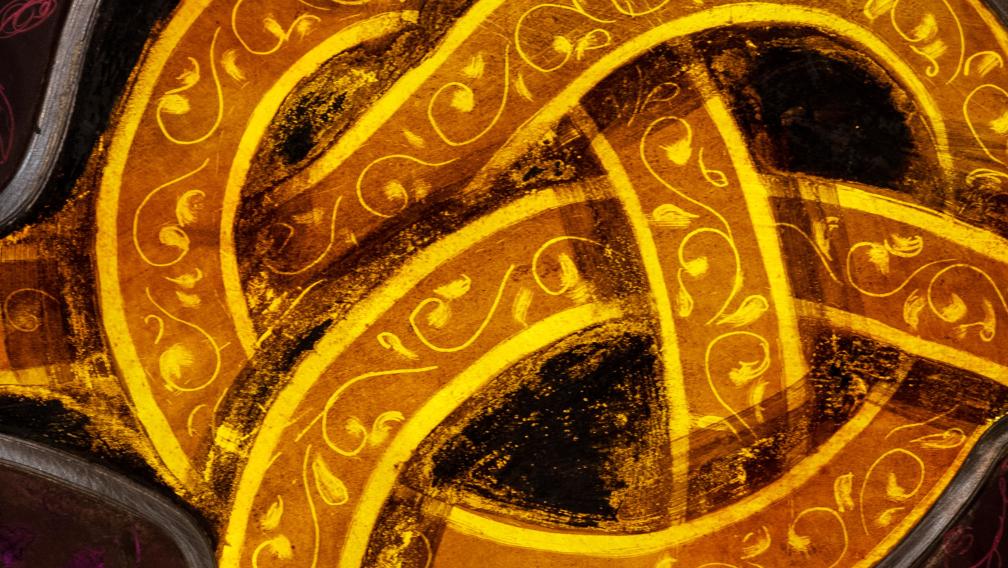The whole congregation of the Israelites complained against Moses and Aaron in the wilderness. The Israelites said to them, “If only we had died by the hand of the LORD in the land of Egypt…”
Exodus 16:2–3
“Take what belongs to you and go; I choose to give to this last the same as I give to you. Am I not allowed to do what I choose with what belongs to me? Or are you envious because I am generous?” So the last will be first, and the first will be last.
Matthew 20:14–16
One might think God’s generosity and grace are welcome news, but it turns out we have a hard time receiving these gifts. For one thing, we often don’t recognize them. “What is it?” the Hebrew people ask about God’s offering of food from heaven in this Sunday’s reading from Exodus. And if we do recognize them, we are nevertheless affronted by how lavish, random, radical, and inclusive this generosity and grace can be, like the laborers in Sunday’s parable from Matthew.
There’s a lot of generosity and grace in Sunday’s readings, so the people have a lot to complain about.
In Exodus, the Israelites are in the wilderness — a dangerous and chaotic place — and have quickly forgotten the liberating act of God releasing them from slavery in Egypt. Their fear distorts their memory, and they complain their oppression was better than where they are now. They have forgotten what God has done for them and the promises God has made to them.
In Matthew, Jesus tells the parable of a generous landowner who pays all laborers the same daily wage, regardless of how long they work, generating complaints from the ones who work longer. The complaints are based on how we understand fairness rather than on the radical notion that everyone receives what they need, not what they have earned.
God’s generosity and grace cannot be earned. They are all around us, if we look for them. Instead, we search for something more when we already have all we need. We find ourselves envious of God’s radical generosity with others.
What have we been given that we do not recognize, understand, or appreciate? And where might we share with others what God has given us?
—Ruth Frey
Ruth Frey is Director, Community Programs and Public Life, at Trinity Church Wall Street.
P.S. Starting this Sunday, join Discovery as we explore what the Exodus liberation story means in different contexts and communities.
THEOLOGY
Pastor Geoff McElroy reminds us “God is a God of the present and future, one who calls us to new places and new ways of being in relationship with God and with each other.”
SOCIAL JUSTICE
Commenting on Matthew’s parable, the Theology of Work Project notes, “The parable is also a challenge to those who have a hand in shaping the structures of work in today’s society.”
VISUAL ART
Artists imagine what manna from heaven looks like.
MUSIC
Musician and songwriter Jesse Winchester describes the monotony of “Working in the Vineyard.” (Here are the lyrics.)
POETRY
Poet David Wagoner’s “Lost” resonates with the Israelites’ fear of life in the wilderness and invites us to reconsider what it means to feel lost. Listen to Irish poet and theologian Pádraig Ó Tuama read and interpret the poem in an episode of the Poetry Unbound podcast.
Get the Five Ways In Your Inbox
Sign up to receive reflections and updates from the Faith Formation & Education team.
